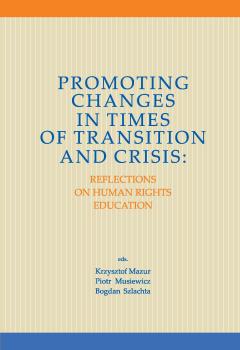Asylum Advocacy. How Historians and Lawyers Can Partner to Advance Human Rights .......... 37
Synopsis
According to the 2010 figures released by the United Nations High Commissioner for Refugees, over half a million people filed for political asylum in the industrialized world of Europe, North America, and Australia. The United States received the greatest number of applications, amounting to more than 10% of the global total.25 Many of these asylum seekers lack lawyers, miss critical legal deadlines, and have no witnesses testifying on their behalf. They risk deportation, therefore, despite often compelling narratives of mistreat-ment, discrimination, and danger that they have endured and/or may yet suffer if returned to their country of origin.As an historian of international human rights law and Zimbabwe Country Specialist for Amnesty International USA, I have testified as an expert witness in over three dozen asylum cases. Each claimant is different, of course, but they all need three critical types of support when making their asylum case before an immigration judge. They need someone with knowledge of Zimbabwe’s political past and human rights record in order to verify, to the maximum extent possible, specific examples of suffering that they endured while living in their native land. Second, they need an expert witness to testify about the possibility of future persecution if they are deported back to Zimbabwe. Third, lawyers need a critical and independent review of the asylum seeker’s affidavit to highlight unanswered questions, posit new angles of inquiry, and explore undeveloped claims in order to make the docu-ment as complete and accurate as possible. My academic skills are particularly relevant to this work. I maintain a large database of human rights reports by non-governmental or-ganizations on Zimbabwe, use and evaluate print, internet, and human sources, craft care-fully written affidavits, and (when needed) defend my findings in open court. Every client I have submitted an affidavit on behalf of has received asylum, which is both testimony to the power of strong historian-lawyer-client partnerships as well as to the terrible human rights conditions in Zimbabwe that we are able to bring to light.My paper for the conference will outline best practices when working with asylum seekers and their attorneys. It will discuss how to balance being an impartial and inde-pendent expert witness while concurrently serving as an advocate for asylum seekers. Spe-cific topics will include how to interview sometimes traumatized asylum seekers, steps to take when crafting expert testimony, what to expect in courtroom cross-examination by prosecutors, and how lawyers and historians can collaborate despite different evidentiary standards and purposes for the protection of human rights.





